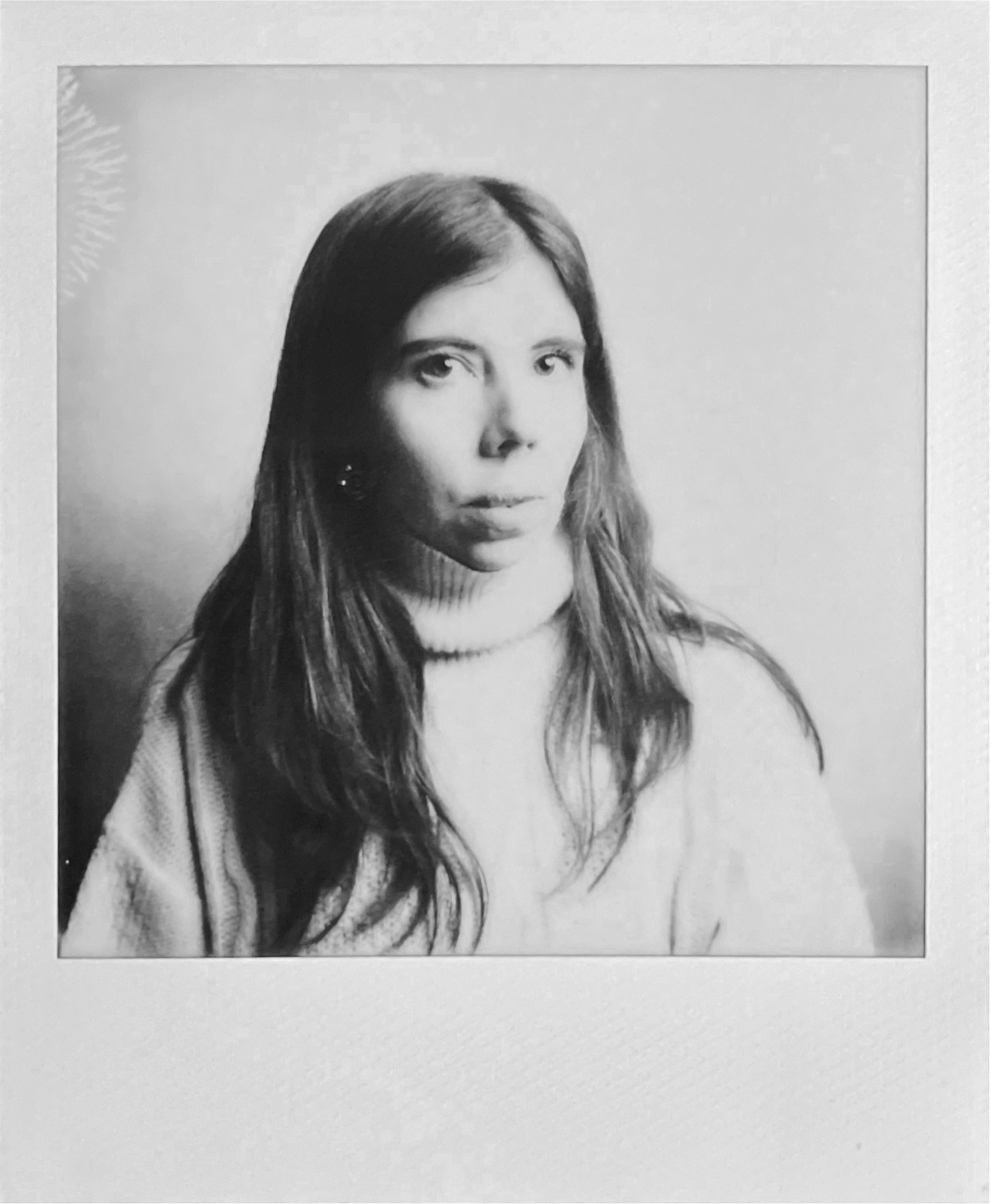
She is a photographer and researcher originally from Cochabamba, Bolivia. She uses her camera to explore the tension between truth and fiction, the deep connection between what an image creates and the (sur)real from which it originates. Driven by research projects and personal initiatives, she seeks to deconstruct traditional models of representation and weave nuanced narratives with multiple layers of meaning.
At the heart of her artistic practice lies the exploration of the human being. Marisol is driven by a desire to build authentic connections with the people on the other side of the lens, capturing the intimacy of shared experiences, the tenderness or friction of mutual recognition.
Embracing the horizontality of images, she uses a variety of visual languages to tell stories that cross the boundaries between individual experience, collective memory and imagination. Rooted in the landscapes and folklore of her culture, Marisol’s work oscillates between the spontaneous and the constructed, the naturalistic and the mythical. Her intent is to challenge preconceptions, stimulate dialogue and invite the viewer to reconsider their perception of reality and representation.

MADRE/PADRE
19.11 – 13.12.2025
The exhibition by the Bolivian photographer Marisol Mendez investigates two archetypes, dismantling them from within and examining the superstructures that define them. On one hand by questioning the rhetorical, phallocentric, and colonial representation of women in Bolivia, her homeland, Mendez intertwines Andean folklore and Catholic iconography to reveal how the complexity of the feminine dimension is often reduced to the binary opposition between the Virgin Mary and Mary Magdalene. On the other hand, by deconstructing dominant narratives of masculinity, the photographer highlights the challenges men face in reconciling social expectations of toughness and performativity with their… own vulnerability and desire for connection. In a global context where cultural models, social structures, and inequalities continue to shape the interactions and opportunities of both men and women, Mendez’s gaze opens a space for reflection on the complexity of contemporary South America, where the patriarchal system is deeply rooted in the legacy of European colonialism and ethnocentrism, as well as a broader, more universal perspective on how gender stereotypes condition identity across all latitudes. 





